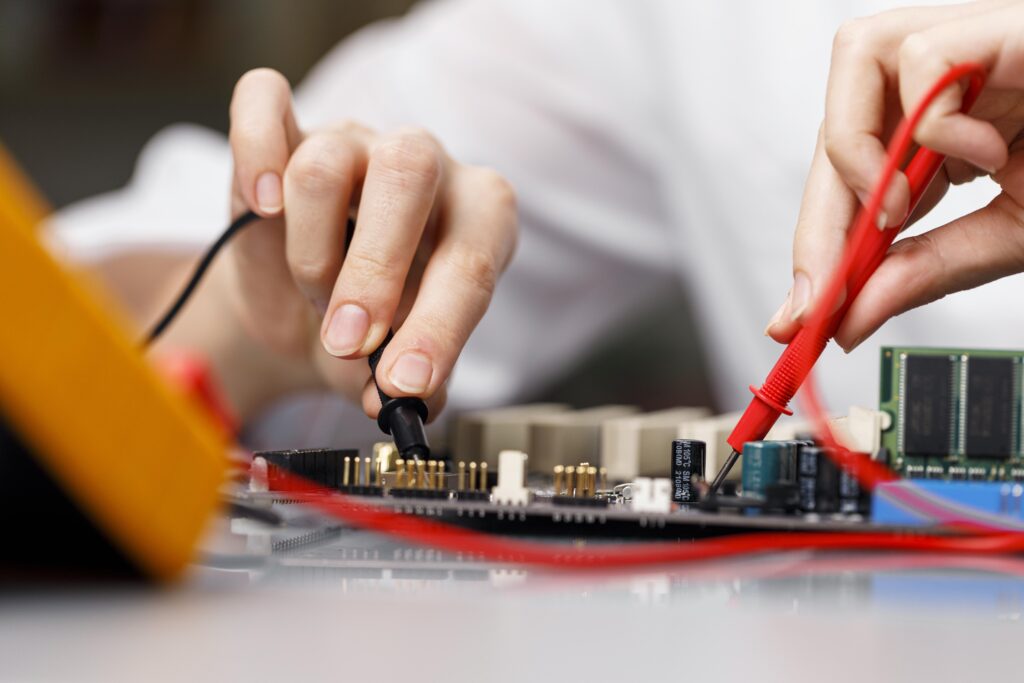In this blog, we’ll discuss 5 common battery maintenance mistakes that EV owners should avoid.
Electric vehicles (EVs) are gaining popularity due to their low emissions and cost savings. However, their batteries require regular maintenance to ensure optimal performance and lifespan. Unfortunately, many vehicle owners make common battery maintenance mistakes that can lead to decreased battery life and vehicle breakdowns. In this blog post, we will discuss five of these mistakes and how to avoid them.
1) Avoid deep discharges and Over Charging: The 20-90 principle is an important concept to keep in mind when it comes to maintaining EV batteries. This principle suggests that it’s best to keep your battery charged between 20% and 90% of its capacity. Avoiding deep discharges below 20% is crucial, as it can cause irreversible damage to the battery’s components, leading to reduced capacity and potentially causing a short circuit. Therefore, it’s essential to keep your battery charged above the recommended minimum level of 20% to prevent damage and ensure optimal performance and lifespan.
Overcharging a battery can cause damage to its components, such as the formation of lithium metal on the anode, reducing efficiency, and potentially causing a short circuit. It is important to follow the manufacturer’s recommendations for charging and avoid leaving the battery charging for extended periods.

2) High temperatures can accelerate degradation of the battery, leading to reduced performance and a shorter lifespan. It’s essential to keep the battery cool to prevent overheating by parking the EV in the shade .
3)Properly functioning Battery Management System (BMS) is designed to prevent overcharging and overheating in batteries. It’s important to ensure that your EV is equipped with a BMS and to follow its recommendations for charging and maintenance.

4)Regular maintenance is crucial for the longevity of your EV battery. This includes checking the state of charge, inspecting the battery for physical damage or leaks, and ensuring that the connections are tight and secure. It’s recommended to have your battery serviced by a professional at least once a year to ensure optimal performance.
5)Not Using the Correct Charging Equipment Using the incorrect charging equipment can cause damage to the EV battery. Always use the recommended charging equipment for your EV model and ensure that it is functioning correctly.
Understanding the chemistry behind the battery’s components and their reactions can help you make informed decisions about your battery’s maintenance. Overcharging causes the electrolyte to break down, leading to the release of oxygen and hydrogen gases, which can be dangerous and potentially cause an explosion.
High temperatures accelerate the degradation of the battery’s components, leading to reduced performance and shortened lifespan. BMS failure can cause damage to the battery’s components and potentially lead to a dangerous situation.
In conclusion, EV batteries require regular maintenance, and following the manufacturer’s recommendations are crucial for optimal performance and longevity. Understanding the chemistry behind the battery’s components and their reactions can help you make informed decisions about your battery’s maintenance. Remember, prevention is better than cure!

